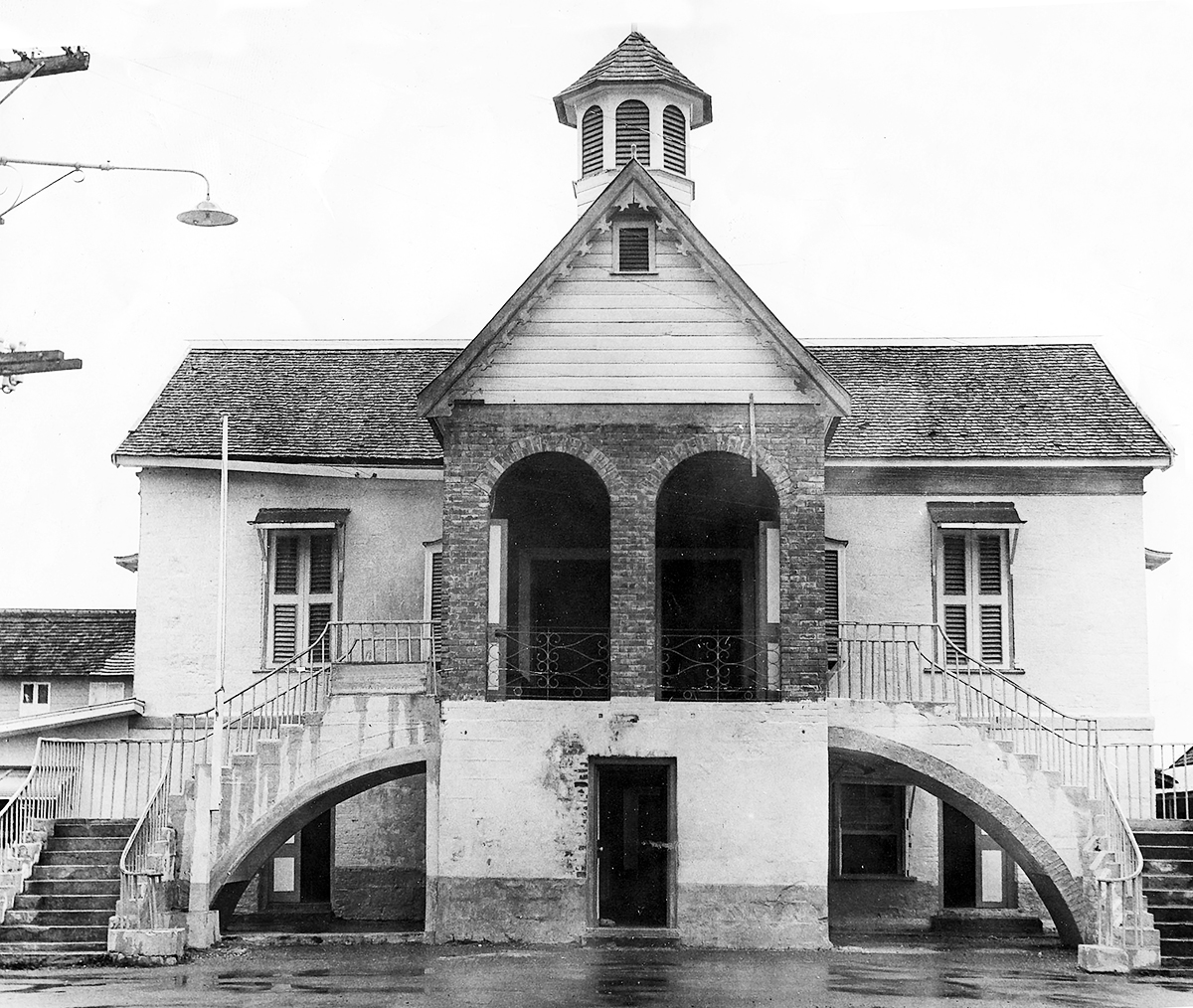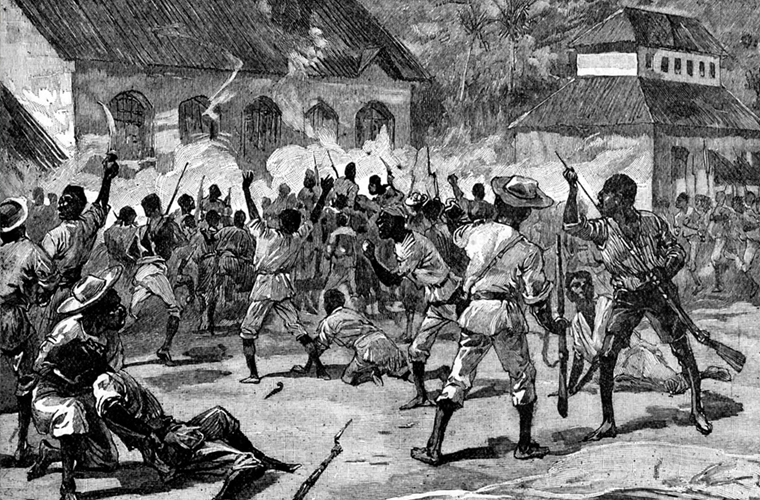The Morant Bay Rebellion was a significant event in the history of Jamaica that took place in 1865. It was a rebellion led by Jamaican small farmers and laborers, predominantly black, against the oppressive social and economic conditions they faced under British colonial rule. At that time, Jamaica was a British colony with a large population of formerly enslaved Africans and their descendants. The economy was heavily dependent on sugar plantations, and many people lived in poverty and faced harsh working conditions. The Jamaican people were also affected by high taxes, inadequate representation, and limited access to education and land.

The immediate trigger for the rebellion was the arrest and unfair trial of a black farmer named Paul Bogle. Bogle was a charismatic figure who had been advocating for land rights, fair treatment, and better conditions for the local population. His arrest sparked outrage among the local community, and a group of protesters gathered in front of the courthouse in Morant Bay. The situation quickly escalated, and the courthouse was attacked and set on fire. The rebellion spread to other areas, with plantations being targeted by the rebels. British authorities responded with force, and the rebellion was eventually suppressed. The exact number of casualties is uncertain, but it is estimated that hundreds of people, both rebels and innocent civilians, were killed during the violence.
The British colonial government reacted harshly to the rebellion. Martial law was declared, and a series of trials and executions followed. Many people, including Paul Bogle, were arrested, tried, and executed for their involvement in the rebellion. The colonial authorities used the rebellion as an opportunity to further tighten control over the island and suppress dissent.

The Morant Bay Rebellion had a profound impact on Jamaica and the wider Caribbean. It highlighted the social and economic inequalities faced by the majority of the population and raised questions about colonial rule and governance. The event also contributed to the push for social and political reforms in Jamaica, leading eventually to the establishment of a representative government and the process of decolonization.
The rebellion is considered a significant moment in the history of Jamaican nationalism and the struggle for social justice and equality. It has been commemorated as a symbol of resistance and a catalyst for change in Jamaica’s ongoing journey toward independence and self-determination.

